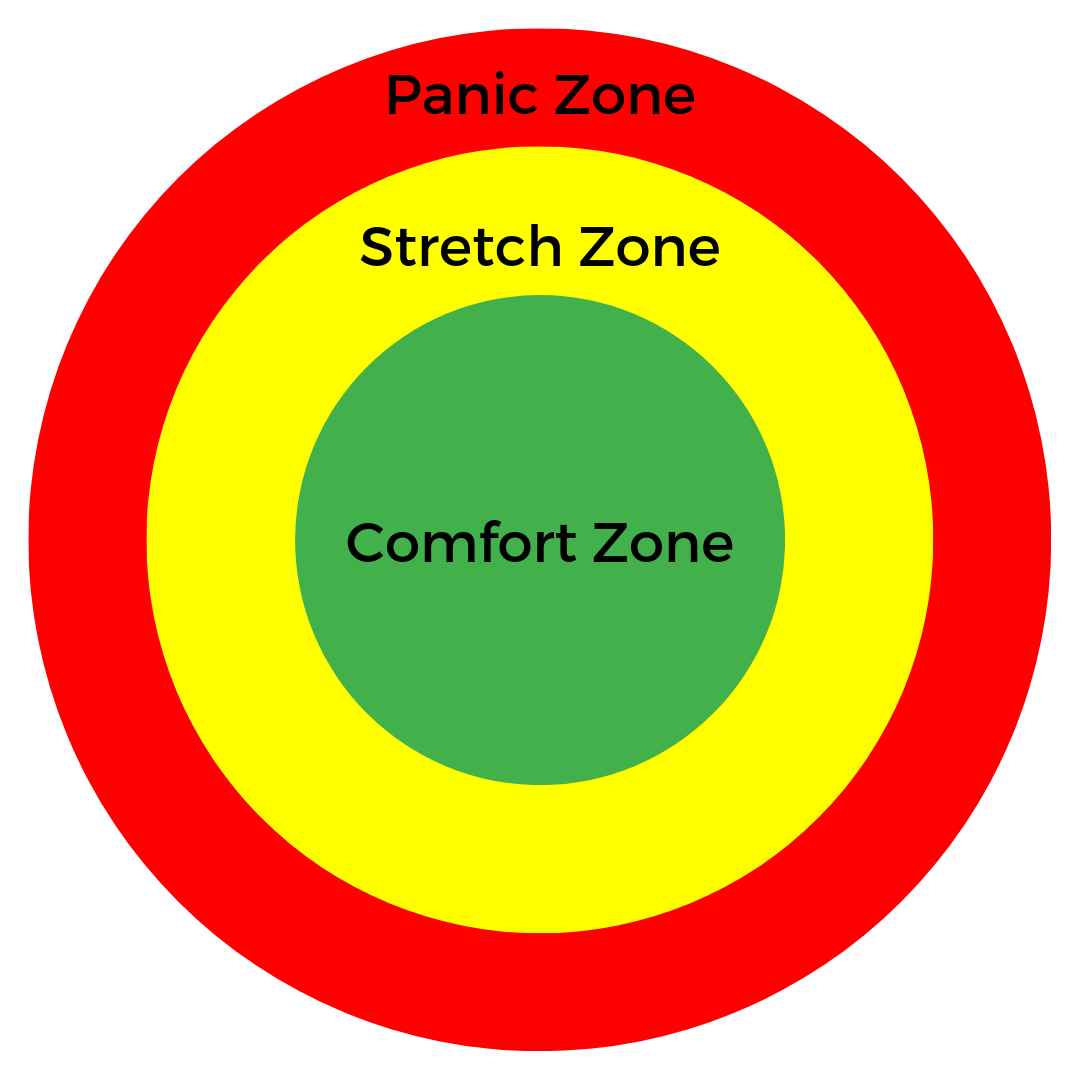Get in the "Stretch Zone!"
Who likes playing video games? I’ve certainly played my fair share over the years (with the Grand Theft Auto series probably being my favourite).
But have you ever sat down to play “a quick 15 minutes” of a game, and then all of a sudden it’s 3 hours later, you’re starving hungry and busting to go to the loo!?
Video game companies are getting better and better at incorporating psychological science into their games. They attempt to draw the player into a mental state where their capabilities are being stretched just beyond their current ability level. This is where engagement and focus are at their maximum, where we are totally immersed in what we are doing, and often lose all sense of time and space.
This is what is known as the “stretch zone” (or goes by other names like the “optimal performance zone” or “learning zone.”) Here is where the most amount of learning takes place. Tasks seem challenging, yet possible with some effective practice, research, or instruction. Creativity and spontaneity flourish; risks are taken, creating the environment where you can really let go and discover what you’re truly capable of.
Now I’m not saying that we should all start playing video games for 10 hours a day to help us perform better (although some down-time gaming is a great way to unwind between practice sessions or during the interval of a show.) But we can take the same concept and apply it to what we do in the practice room.
Are your practice sessions run-of-the-mill, safe, and in your comfort zone? Are your routines becoming just that…routine? Are you REALLY pushing yourself in each session, technically, musically, and mentally?
In order to perform at the peak of our abilities and create exciting and interesting music, we need to extend ourselves beyond our comfort zone – which is by definition, uncomfortable! Performing will naturally do this, and will tend to cause some level of stress and anxiety, but this is not necessarily a bad thing. If we can adjust our perception to it being a more a positive, energy charging effect, as opposed to something that is detrimental just because it’s uncomfortable, then we will create a smoother transition to performing. (We’ll cover more about this next week!)
Learn to lean into the discomfort and use it as an indicator that you’re pushing your boundaries, stretching the margins of your ability, and creating compelling and inspiring music. It will be more physically and mentally draining, but the results will speak for themselves, both in practice and performance.

